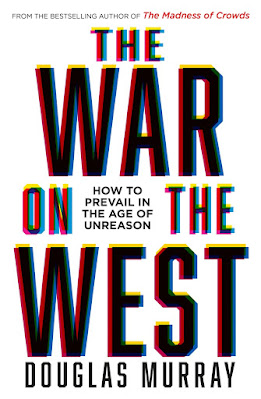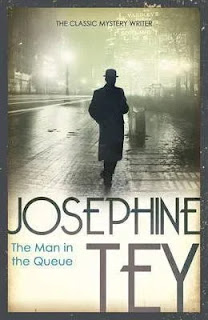A Daughter of the Land was published in 1918. It’s a little different – you might say darker – than some of her other novels and doesn’t seem to be as well-loved as some of her other books. It is less sentimental than Freckles or Girl of the Limberlost, and its protagonist, Kate Bates, isn’t as romanticised as some of Porter’s other female characters. She blunders through life and makes some unwise decisions. Kate learned the hard way. She was impulsive and headstrong; her upbringing had left her unprepared to navigate life outside of her own family. Despite her flawed character, I liked the realism of the story with its sharper view of life and how Kate’s character developed during the course of the story.
‘I don’t know what life has been doing to you, Katie, but Lord! it has made a fine woman of you.’
Kate was the youngest child in a large family. She wanted to teach as her older sisters had done, but her mother wanted her to stay at home and help her with the farm work. Her father had always driven himself and his family like slaves and her mother went along with what he wanted. He was the richest farmer in the county, land was his one and only God. But he refused to hire help, keeping his sons as ever-ready help by promising them two hundred acres of land each with a house and some stock while keeping the deeds to their land under lock and key. His sons were under his authority and in his power. The women of the family were,
‘…to work and to bear children…Put them at the first job when they are born, and at the second at eighteen, and keep them hard at it.‘
Kate is the only one who rebelled against this and left home, taking ‘the wings of the morning,’ – Opportunity.
‘Home hasn’t been so overly pleasant. It has been a small, dark, cramped house, dingy and hot, when it might have been big, airy, and comfortable, well furnished and pretty as Father’s means would allow, and as all the neighbours always criticise him for not having it; it’s meant hard work…’
Gene Stratton Porter, besides being an author, was an amateur naturalist and this shows in her writing. Kate was drawn to the land and was tireless and hardworking. In many ways she was selfless and took the hard road,
‘…when one turns mental surgeon and operates on the ugly spots in one’s disposition, there is no anaesthetic, nor is the work done with skilful hands, so the wounds are numerous and leave ugly scars; but Kate was ruthless.’
In other ways she was thoughtless and willful and had to live with the consequences of decisions she made in ignorance or impetuosity. But she did learn and observed that,
‘It really seems as if failure and hardship make more of a human being of folks than success.’
This is a book I’ve had for a while, so I’m pleased that my book club chose it this month and pushed me to read it. I haven’t read anything by Gene Stratton Porter for some time and I liked this one, partly because it was a little different from some of her others, but mostly because it explored how adversity made a woman out of an ignorant and headstrong girl. A redemptive and realistic story.
I’ve linked to where you can get my copy of the book, which is published by Norilana Books. I have a few of their publications and I like the print and the covers, but there are the occasional typos. They are also more expensive than when I bought mine years ago. Porter’s books are free online.
Linking to TBR 24 in ’24 at Rose City Reader.









